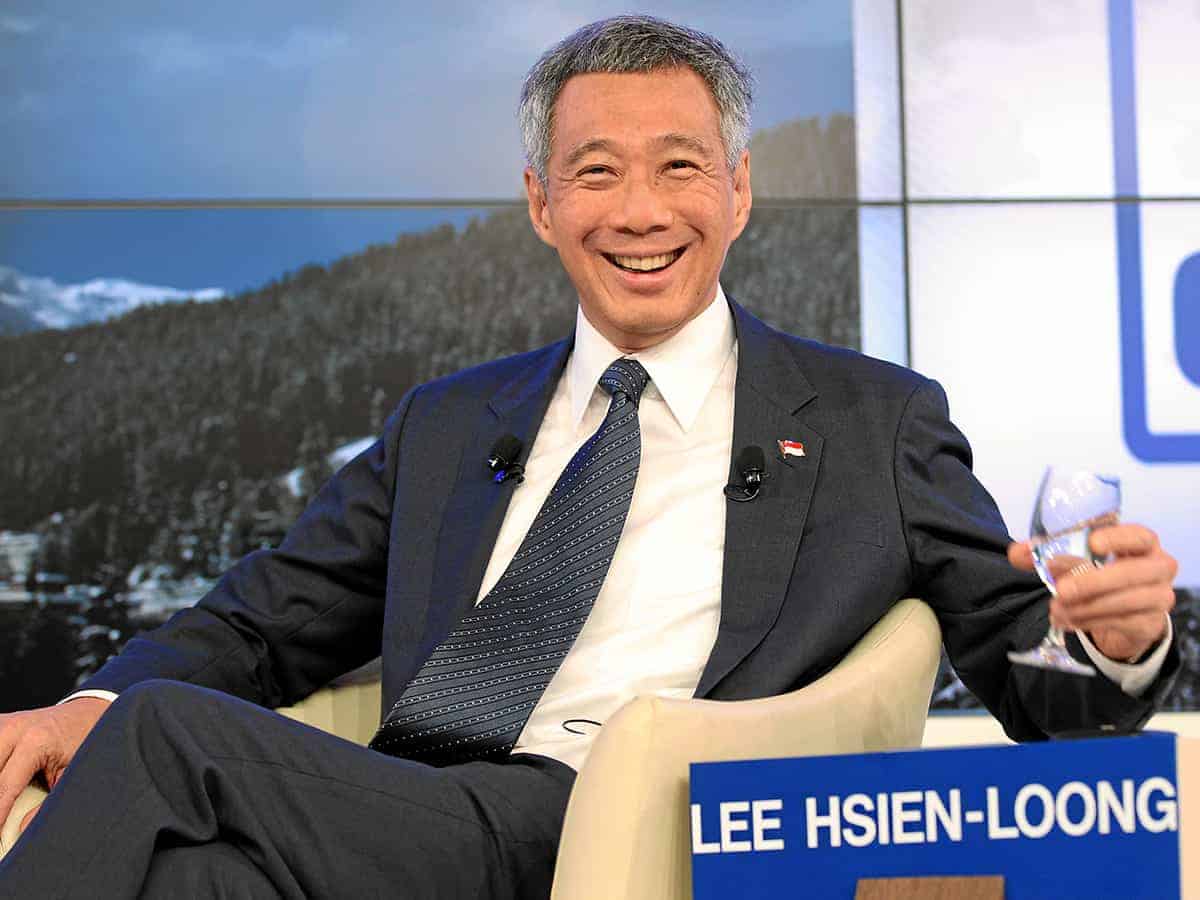Singapore: Singapore Prime Minister Lee Hsien Loong on Wednesday said that the country has done well in handling the coronavirus pandemic so far, but admitted that there were some shortcomings and it must learn from them.
He pointed out that the city-state’s fatality rate is one of the lowest in the world, with new infections in the community down to just a handful a day and fewer than 100 patients remaining in hospitals.
Singapore reported 49 new COVID-19 cases on Wednesday, including three imported infections.
Singapore’s tally of positive cases stands at 56,901 while the death toll is 27.
The prime minister elaborated on his government’s efforts to fight COVID-19. With hindsight, the government would have done some things differently, he said.
“Had it known earlier that COVID-19 patients were asymptomatic, the government would have quarantined all Singaporeans who were brought back home from abroad in March, instead of only those returning from certain countries,” he said.
Lee added that they would have also been tested before being released from quarantine, even if they did not show any symptoms, instead of assuming that no symptoms meant no infection.
The government would have also recommended the wearing of face masks sooner, said Lee, noting that it took the best available scientific advice at the time and changed its policy once the World Health Organisation recognised that asymptomatic transmission was a major problem.
Lee also said the authorities would have acted more quickly and aggressively to control the rapid spread of the disease in migrant worker dorms.
The government knew that communal living in dorms, which housed foreign workers, posed an infection risk and stepped up precautions, which seemed adequate, till the bigger clusters broke out and threatened to overwhelm it, said Lee.
“All this is wisdom after the fact. We must learn from these errors, and do better the next time,” he said.
“But in the fog of war, it is not possible always to make the perfect decisions. Yet we have to decide and move. We cannot afford to wait,” he said.
Due to the scale and complexity of Singapore’s response to COVD-19, there have been inevitably some “rough edges”, said Lee.
He cited the foreign worker dormitory situation, and how work is being done to help workers get back to their jobs now that dorms have been cleared of the disease.
This has to be done safely because of the risk of re-emerging cases, he said, acknowledging this was a complicated exercise that has made things difficult for employers, especially contractors, who have to deal with new rules even as they try to revive their businesses.
“But I hope they understand that we are doing our best to smooth things out, and are doing all this in order to keep our people safe,” he said.
Lee said that Singapore has managed to stabilise the COVID-19 situation and carefully reopen its economy and society due to the combined efforts of the public service, political leadership and everyday Singaporeans.
But the country cannot let its guard down, he warned, noting the irony that the more successful Singapore is in keeping cases low, the more people will wonder if the difficult measures against COVID-19 were necessary.
“You only have to look at the situation in other cities that have let this happen, to see how this could have turned out for us,” Lee said.

